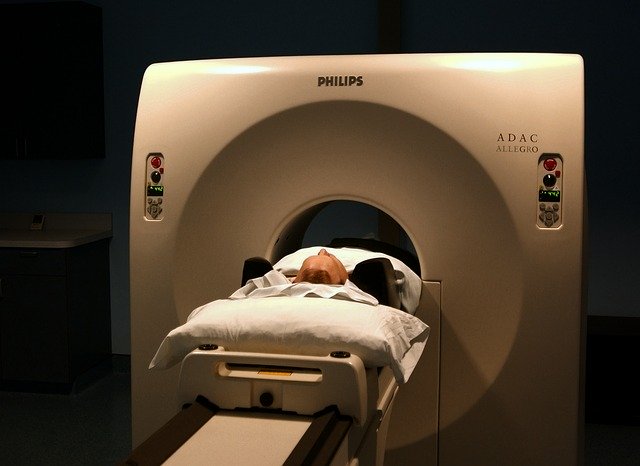
Nuclear medicine is a medical discipline that performs radioactive materials to diagnose and treat disease. Scintigraphy, the utility of radionuclides to supply images of the body’s organs, differs from radiography (x-ray techniques) therein it studies the physiologic and metabolic developments of the body. In isotopic imaging, the source of radiation is a very minor amount of radioactive material that is introduced into the patient by injection, inhalation, or ingestion. Joining a radioactive atom with a compound consequence in a radiopharmaceutical which will target a particular organ to give anatomic and physiologic information.
Physicians or doctor who takes training in nuclear medicines is called nuclear radiologists or nuclear medicine radiologists. Utilise radioactive materials to analyse and treat diseases. Using techniques like scintigraphy, these physicians or doctor analyse images of the body’s organs to see certain diseases. They may additionally also utilize radiopharmaceuticals to treat hyperthyroidism, thyroid cancer, tumours and bone cancer.
Nuclear Medicine Training
The placement and program in nuclear medicine trains capable physicians or doctor to attend as consultants in the diagnostic and therapeutic use of radioactive pharmaceuticals. The entire period of coaching after medical school graduation is at least three years. Residents are needed to have one or more years of preparatory training and two or more years of nuclear medicine residency training in ACGME accredited programs. One year of preparatory training in an ACGME approved speciality educational program frequently precedes the training in nuclear medicine.
Diagnostic imaging consultation and therefore the management of nuclear medicine services are emphasized during the two-year program but training additionally consists of research experience, therapy with unsealed sources, radio-immunoassay techniques and tomographic imaging with single-photon emission computerized tomography (SPECT) or positron emission radioisotopes.
At least eighteen months of clinical or scientific nuclear medicine is needed. Training in allied health sciences like medical nuclear physics, radiopharmaceutical chemistry, radiation biology, instrumentation and computer sciences is additionally included.